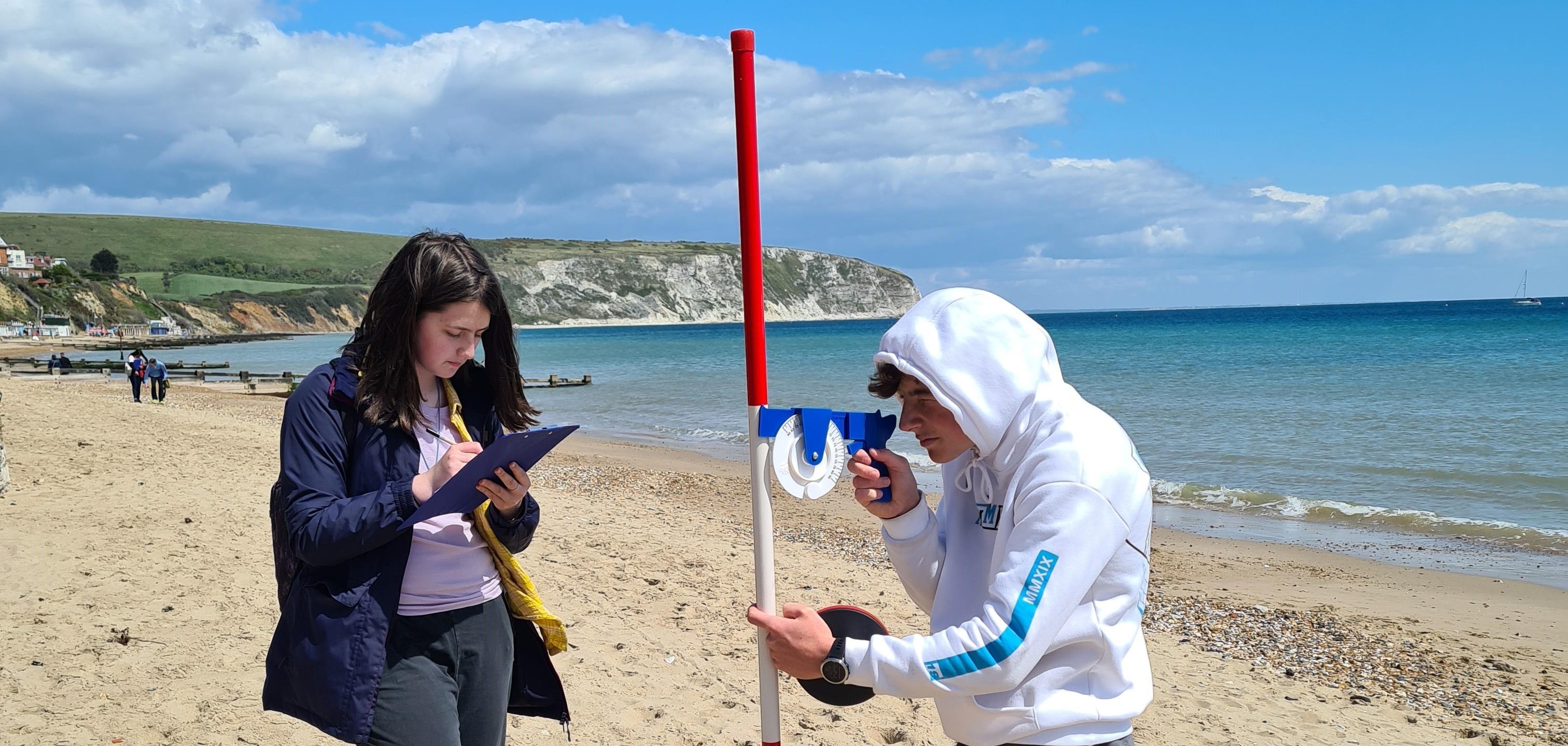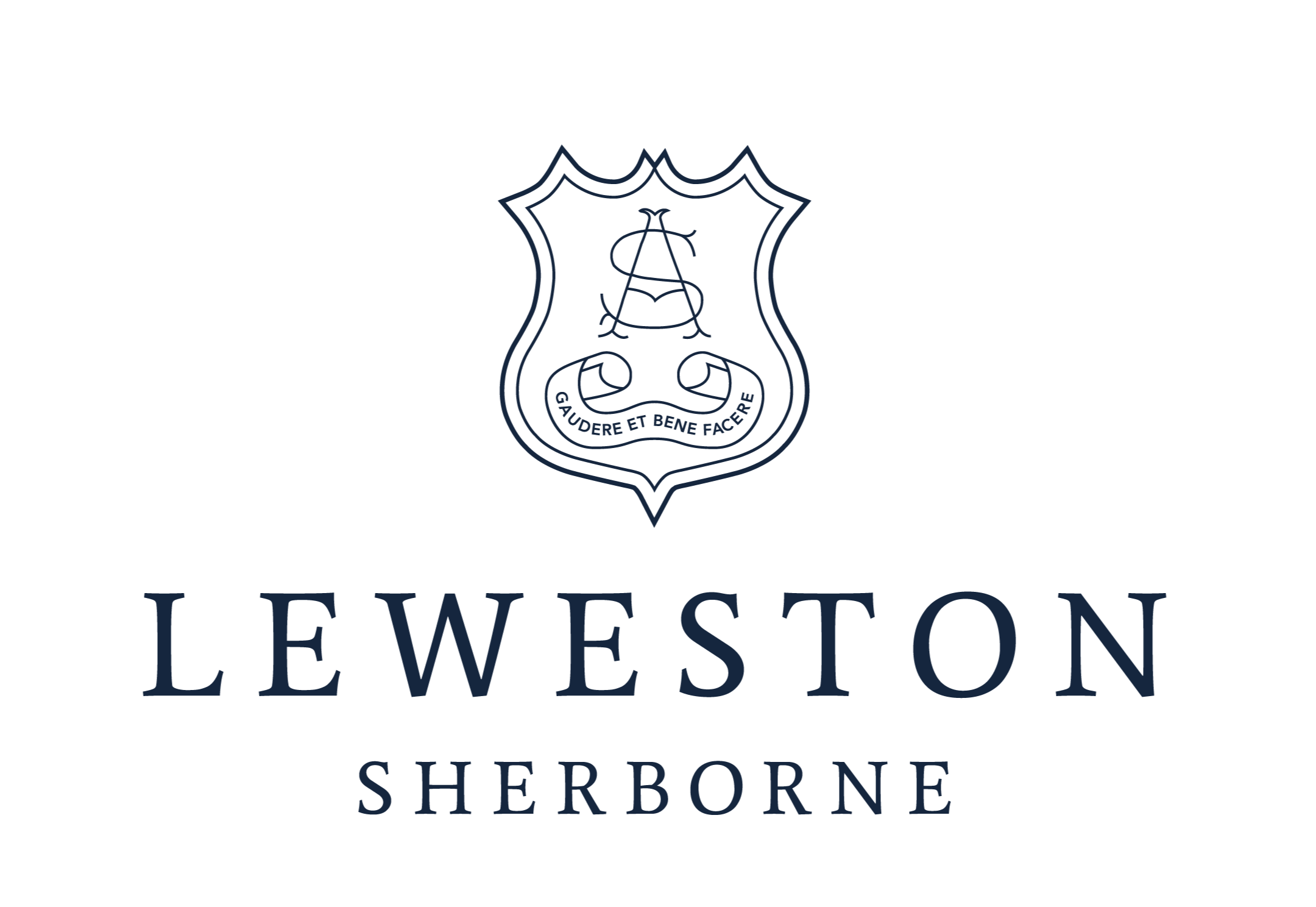What Careers will Maths help me get into?
Mrs Newnham, Head of Mathematics, explores how studying Maths at GCSE and A Level can help achieve a career in a variety of fields of work.

When will I ever use this in life’? – A phrase commonly heard by a Maths teacher!
For some pupils it can be hard to imagine where in your future lives you will use quadratic equations or circle theorems, but Maths is needed for a whole variety of future careers you may have never thought about.
I myself am not a university mathematician; my degree is actually Veterinary Anatomy. At University I studied not only the Anatomy of all animals but I specialised in an area called Biomechanics which was the study of how animals move. I have worked with horses on treadmills, researched the energy usage of walking on snow and also discovered if Labradors are left or right handed and whether this predisposes them to injury. Every element of my degree involved Maths and my Mathematical interest is what led me to Maths teaching. Who knows what career you may decide upon but I assure you it will involve Maths in maybe the subtlest of ways!
Maths can be incredibly helpful if you want to;
Fly a plane
Pilots have to use Maths to calculate distances, remain on course, work out how much fuel they need, read the instruments in the cockpit, work out angles for take-off and landing, and ultimately have a safe and successful flight. The mathematical process of working quickly and succinctly will also help with swift decision making.
Take care of people
Nurses and doctors routinely use addition, fractions, ratios and algebraic equations to deliver the correct doses of medication or monitor changes in their patients’ health. They also have to use Maths to read scans and x-rays.
Play music
It is often said that if you’re good at Maths you can also be good at music. Apart from the obvious mathematical links with time signatures and rhythm, the learning processes of gaining ability in Maths is hugely linked to music. For both skills you have to dedicate hours of practice and repeat learning so that your brain can function automatically. We often talk about ‘muscle memory’ and this memory can only occur if we dedicate the time and focus.
Be a photographer
Most of us now have camera phones and can take a quick picture pretty instantly and apply a myriad of clever filters. But the art of taking a truly artistic photograph relies heavily on mathematical technique. You need to understand your equipment with aperture, focal lengths and algorithms within your camera such as auto exposure right through to eye detection. You need to understand how to take a great photo using shutter speed, aperture control, exposure stops, depth of field and composition (the rule of thirds). You also need to understand how to produce the photographs using aspect ratio and crop ratio. There is far more to one click of a button!
Work in the Armed Forces
There are so many exciting areas to work in the British Armed Forces. Helping to find solutions to logistical problems as well as battlefield technologies all stems from mathematical knowledge. Mathematical models are vital for tactical and strategic planning which would rely on statistics and probability. A key element of strategic planning involves knowledge of ‘Game Theory’; the science of optimal decision making. Mathematics is also needed for the understanding of cipher warfare and code breaking made famous in World War 2 and Enigma. Beyond the logistical element of roles in the Armed Forces there are also many ‘hands on’ personnel such as engineers, pilots, medics and warfare officers. Each one using Maths in a considerable way.
I always say that Maths is everywhere. I agree, you may not ever solve a quadratic equation again after you leave school but you certainly will encounter many moments in your life where you will have to solve a problem. If you can carry out this vital life skill with patience, determination and resilience – then you’re a mathematician.
